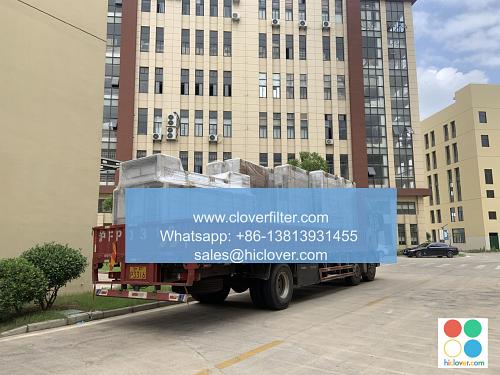The Significance of Actual Size in Manufacturing: A Guide to Accurate Measurements

The Significance of Actual Size in Manufacturing: A Guide to Accurate Measurements
Introduction
In manufacturing, accuracy and precision are crucial for producing high-quality products. One of the most critical factors to consider is the actual size of a product. Incorrect measurements can lead to costly errors, defective products, and damaged equipment. In this article, we will explore the significance of actual size in manufacturing and provide a guide to accurate measurements, highlighting various application areas.
Why Accurate Measurements Matter
Accurate measurements are essential in manufacturing as they ensure that products meet the required specifications and standards. Incorrect measurements can result in:
- Defective products: Inaccurate measurements can lead to defects, which can affect the finished product’s quality, performance, and marketability.
- Equipment damage: Incorrect measurements can damage manufacturing equipment and machinery, leading to costly repairs or replacements.
- Increased costs: Accurate measurements help minimize waste, reduce rework, and lower production costs.
- Improved customer satisfaction: Correct measurements ensure that products meet customer expectations, increasing satisfaction and loyalty.
- Geometric measurements: Length, width, height, and other geometric dimensions are critical for product design and prototyping.
- Angular measurements: Measuring angles and orientations is essential for assembly, welding, and other manufacturing processes.
- Weight and density: Accurate weight and density measurements ensure products meet weight and material requirements.
- Tolerances: Understanding and managing tolerances is vital for maintaining product quality and consistency.
- Automotive: In automotive manufacturing, accurate measurements ensure proper fitment of parts, reduce waste, and improve safety.
- Aerospace: In aerospace manufacturing, precise measurements are critical for producing complex parts, ensuring structural integrity, and ensuring flight safety.
- Medical device manufacturing: Accurate measurements are essential in medical device manufacturing to ensure product sterility, biocompatibility, and patient safety.
- Food processing: Precise measurements in food processing ensure product quality, safety, and compliance with regulations.
- Use calibrated equipment: Regularly calibrate measurement tools to ensure accuracy.
- Implement quality control checks: Regularly inspect products and equipment to detect errors.
- Train personnel: Educate manufacturing personnel on the importance of accurate measurements and proper measurement techniques.
- Use advanced technology: Utilize advanced technology, such as computer-aided design (CAD) software and computerized machine tools, to enhance measurement accuracy.
Types of Measurements in Manufacturing
Manufacturing involves various types of measurements, including:
Industry-Specific Applications of Accurate Measurements
Accurate measurements are crucial in various industries, including:
Tips for Achieving Accurate Measurements
To ensure accurate measurements, follow these best practices:
Conclusion
Accurate measurements are vital in manufacturing, affecting product quality, customer satisfaction, and bottom-line performance. By understanding the significance of actual size and implementing accurate measurement practices, manufacturers can reduce errors, minimize costs, and improve overall efficiency.
Prompt

